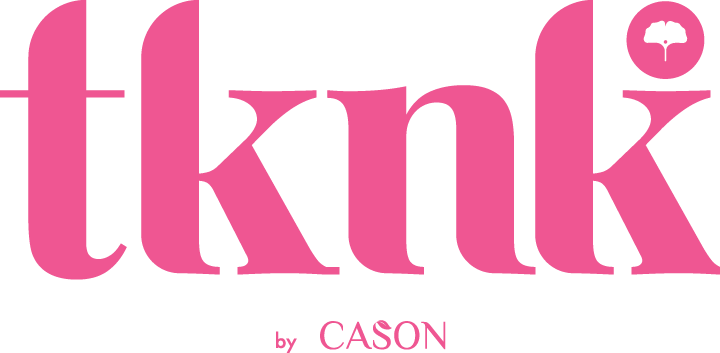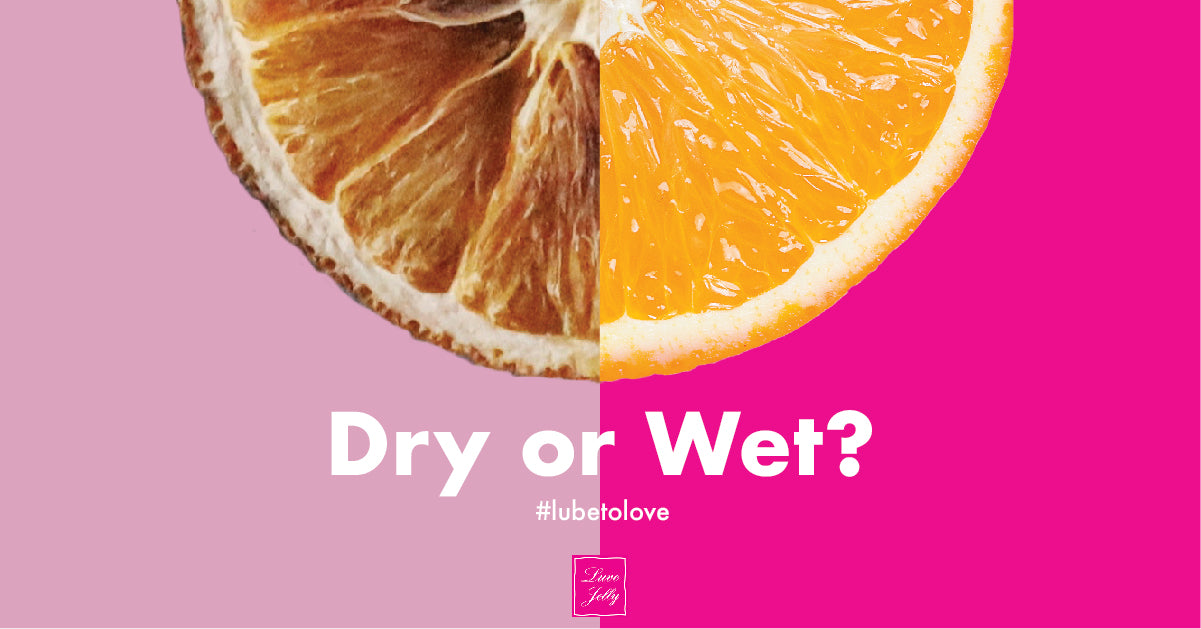
Collagen vs Collagen Peptide: What's the difference?
Collagen Peptide is a versatile source of protein and an important element of health & beauty nutrition—contributing to beautiful skin. Collagen in general makes up 80 percent of our skin, and works with another protein called elastin that keeps our skin elastic. As we age though, our bodies naturally start reducing in natural collagen production.
The Glue
"It's the glue that holds the body together"
Collagen provides the volume that keeps your skin looking plump and keeps lines at bay. It's also rich in amino acids proline and glycine, which you need to maintain and repair your tendons, bones, and joints.
As you get older, collagen production naturally slows—essentially meaning our bodies are not able to replace the collagen as quickly as it is breaking it down. Starting in our 20s, we begin losing 1 percent of our collagen each year.
Collagen Peptides vs Collagen vs Hydrolyzed Collagen

It can get a little daunting, sifting through tons of Collagen products at the shops. What's the difference? Truth is, orally supplemented collagen are actually THE same. It's just more of a trend to market it as Collagen Peptide recently. The terms collagen peptides and hydrolyzed collagen are synonymous and used interchangeably for the same product.

Normal collagen is formed from three very long chains of 1000s of amino acids twisting into a helix formation. Rendering it nearly impossible to breakdown in it's full length form
It's based on the end product, which are peptides derived from collagen; whereas hydrolyzed collagen comes from the hydrolyzation process, the method by which collagen peptides are made.
Types of Collagen: How to choose
What you should consider when choosing a collagen product, is the type of collagen. So pay close attention to the ingredient list!
Type I Collagen
100% found in Marine (fish) Collagen and also present in smaller amounts in Porcine (pig) Collagen and some forms of Bovine (cattle) Collagen. For skin and beauty applications, Type I is considered to be the best.
Type II Collagen
Chicken Collagen and Bovine Collagen—only from cartilage. Type II Collagen makes up the fluids and function of the cartilage and joints. Great for treatment of joint paint and arthritic conditions.
Type III Collagen
Found with Type I in Porcine and Bovine Collagen—if from bovine hide. Most commonly found in tissues with elastic properties such as skin, lungs and intestinal walls.
What's the best way to absorb collagen?
Absorption can be a tricky game, especially when it comes to a huge molecule like natural collagen. Smaller peptides can more easily pass through our intestinal barrier and into our bloodstream (In theory, this is what all good supplements should do)
Like with any fad, many companies in the beauty and wellness industry, have jumped on the collagen bandwagon fairly quickly. Pills, powders, topical creams, injections and liquids are all out there, promising to beautify your skin and strengthen your bones.
With the range of price tags out there for collagen supplements, Powder form would be the most cost-effective way to ensure none of that collagen is going to waste. Researchers have explained that topical collagen don't make it to the deeper level of your skin—which is where collagen is made.
So should I try collagen?
In short, yes. But be ready for a long-term commitment. If you're looking for results to give you that dewy, brighter, beautiful skin; be prepared for a relationship with collagen supplements as they take at least 1-3 months to see obvious results.
Why FINE Japan?
A nutraceutical company from Japan that has been producing health and beauty food supplements for more than 45 years. Unlike other well-marketed brands who have either just jumped on the collagen bandwagon or have a diverse range to focus on, FINE Japan is serious about what they do. Plus, they only use fish collagen.
Check out their collagen range here




1 comment
awesomeee!
JY
Leave a comment
This site is protected by hCaptcha and the hCaptcha Privacy Policy and Terms of Service apply.